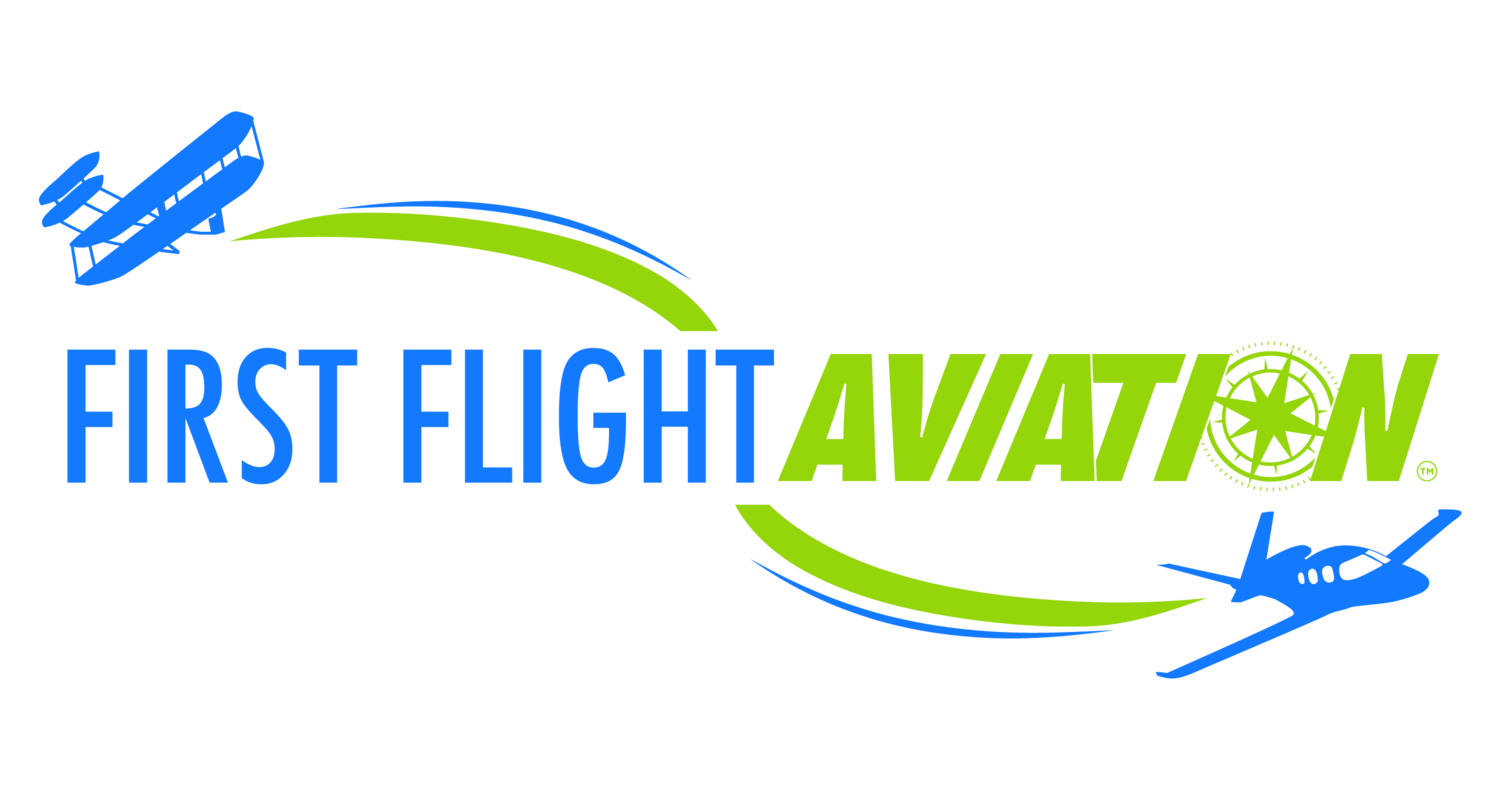If aviation has sparked your curiosity, you may wonder what is the difference between flight school and ground school. There are two main types of schools that train pilots: flight schools and ground schools. Flight schools focus on training pilots in the practical aspects of flying, while ground schools focus on the theoretical knowledge needed to operate an aircraft.
What Do You Learn in Flight School vs Ground School?
Flight schools typically provide both airplane and simulator training. The amount of time spent on each will depend on the type of certificate or rating the student is pursuing. Students will also learn how to perform various maneuvers and take-off and landing procedures. In addition, flight schools often offer rental services so that students can practice what they’ve learned.
On the other hand, ground schools provide students with the necessary theoretical knowledge to operate an aircraft. This includes learning about aircraft systems, airspace regulations, meteorology, and navigation. Ground schools may also offer simulator training, which can be beneficial for those who want to get a feel for flying without actually being in an airplane.
Flight school focuses on training pilots in the practical aspects of flying, while ground school focuses on providing students with the theoretical knowledge needed to operate an aircraft. Both types of schools offer simulator training, which can be beneficial for those who want to get a feel for flying without actually being in an airplane.
In-ground school, there is a pre-solo examination that a student has to take and pass to fly the plane solo. The exam contains both practical and theoretical questions. To qualify for the private pilot license, a student must accumulate 40 hours of flight time, including at least 20 hours with an instructor and 10 hours solo. In addition, the student has to pass both a written and oral examination.
Aircraft systems, airspace regulations, meteorology, and navigation are covered in ground school so that pilots-in-training can obtain the theoretical knowledge needed to operate an aircraft. Ground school may also offer simulator training, which can provide students with a feel for flying without being in an airplane. This type of training is beneficial for those who want to get a sense of what it’s like to fly before they get behind the controls of a real aircraft.
Conclusion
First Flight Aviation Company is a flight school that provides pilots with the practical and theoretical knowledge needed to operate an aircraft. In addition to ground school and simulator training, First Flight also offers rental services so students can practice what they’ve learned. With locations in Springboro Pike Suite A Miamisburg, First Flight is committed to providing aspiring pilots with the tools they need to succeed.
